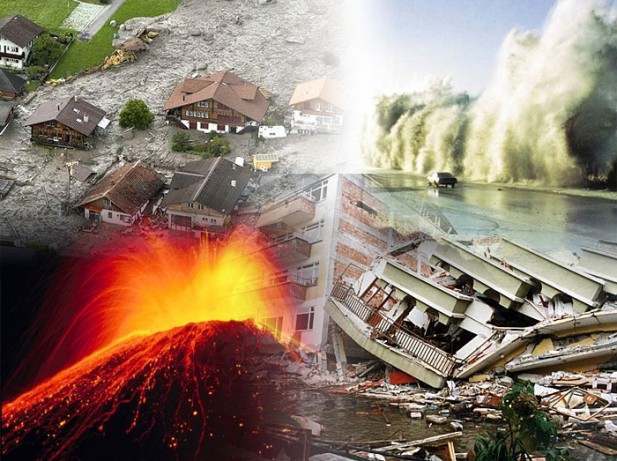Massive, mesmerising, unfathomable events are presented live on our living room widescreens.
Some people are using social media services to accuse news organisations of peddling in ‘disaster porn’, while others use the same medium to compulsively share each new snippet of information.
It’s as impossible to avoid the relentless coverage of the Japanese earthquake, tsunami and resulting nuclear emergency as it is to tear oneself away from such a compelling story.
So how do we reduce the impact that these constant images of chaos and destruction undeniably have on our mental state?
Dr Steven Ellen is a psychiatrist at the Alfred Hospital who recently spoke to 774’s Lindy Burns about this issue.
He says this problem isn’t new.
“People start using words like Armageddon,” says Dr Ellen. “I think that’s a theme throughout history.”
The human race last century coped with two World Wars and a Cold war.
Dr Ellen suspects part of our problem at the moment is ‘we’ve had such a good run’ – years of relative quiet followed recently by ‘genuine horror and disaster dating back to the last tsunami’.
There has of course been one major change since last century – live 24 hour television news and an unrelenting and ever-expanding online media environment.
Rather than being told about an event days afterwards, says Dr Ellen, now ‘you see it coming’.
He says that ten years ago news of a disaster came with news of how the government was responding and how aid agencies were helping those involved.
These days people are dying as news is broadcast and death tolls climb like the score in some morbid sports match.
This sort of news coverage can be both horrifying and hard to turn off from – but that’s exactly what you need to do.
“Avoid getting stuck in front of the TV,” says Dr Ellen, “you have to balance what you’re taking in.”
It’s also important to combat feelings of helplessness by concentrating on what you can do – making a donation or helping with a fundraising activity can alleviate some of the guilt we feel for not being caught up in the disaster.
It is especially important to monitor your children and make sure that they, too, are coping ok.
“[Disaster coverage] can really frighten kids, it can give them that sense that the world isn’t a safe place and that their future is dangerous,” says Dr Ellen.
“You can’t stop them from watching,” he says, “but you can limit it and you can make sure you use your own words and explain to them what is going on.”
When talking to your children it is important to ask them questions about what they think and what their friends are saying.
Reassure them by telling them that you’ve seen this sort of thing before and that the government and aid agencies are helping people there.
“You can’t use them to express your own fears,” says Dr Ellen, “you’ve got to save your own fears for other adults.”
It’s also a good opportunity to reassess what is important to you.
“Just out of interest I was asking some of my patients in outpatients today about what effect they thought that the disaster had on them,” says Dr Ellen.
“Two in particular… who have depression both said ‘it changes my perspective and makes me feel slightly better about the situation I’m in’ – so it’s not all negative.”
Originally published on the ABC website http://www.abc.net.au/local/stories/2011/03/17/3166744.htm

